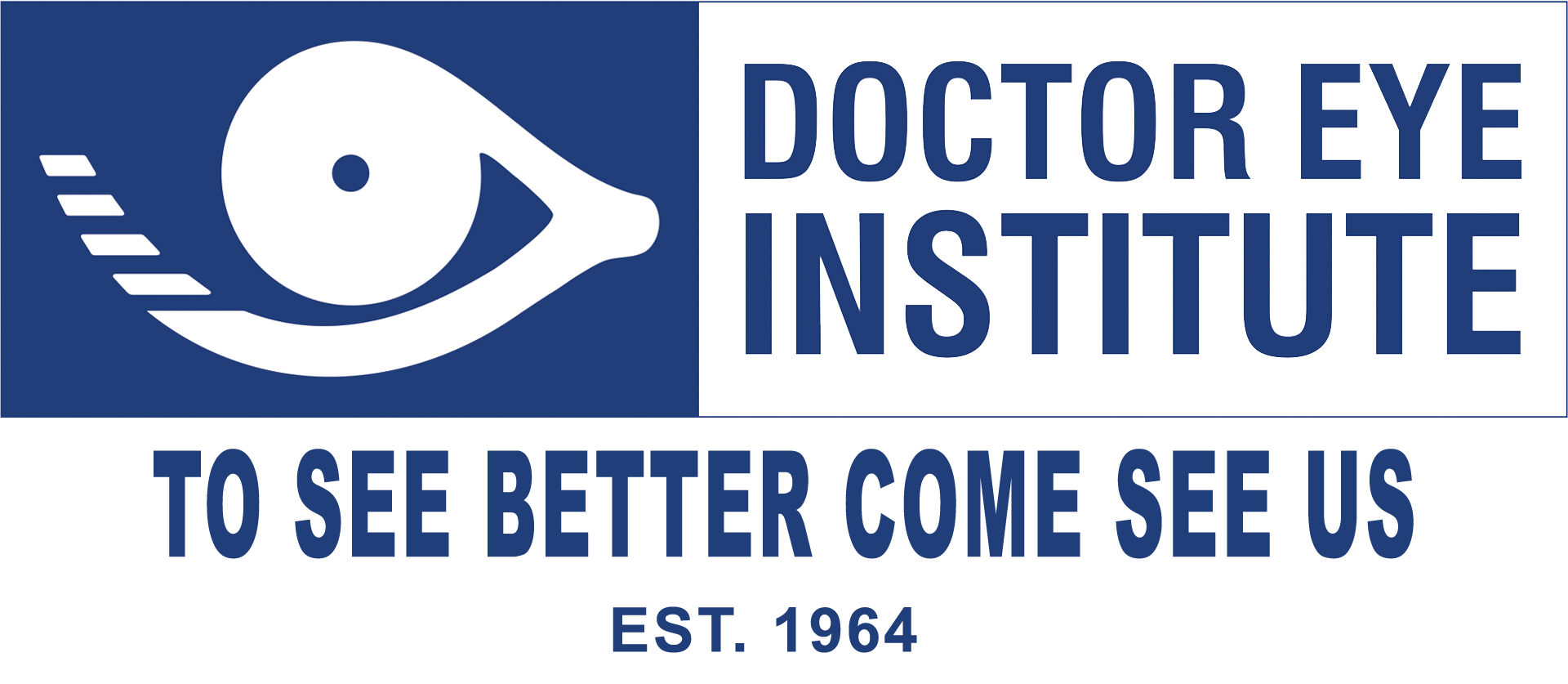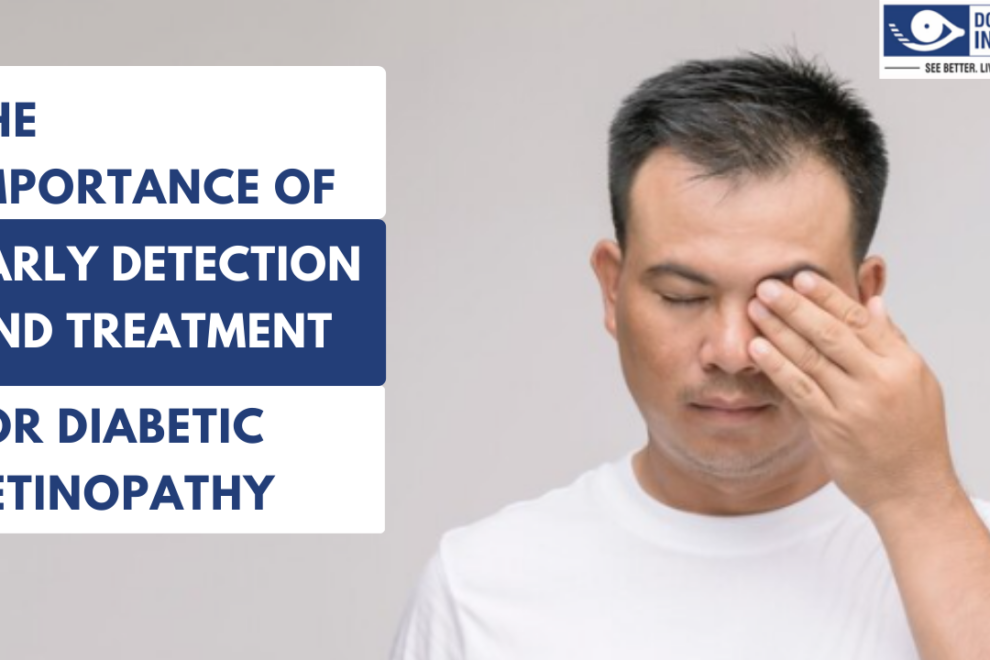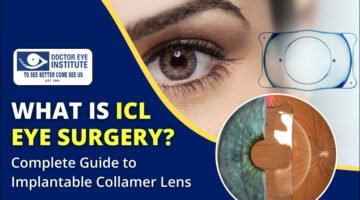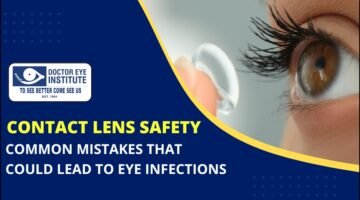Importance of Early Detection and Treatment for Diabetic Retinopathy
Diabetic retinopathy is a serious complication of diabetes that can cause vision loss or even blindness. It occurs when high blood sugar levels damage the blood vessels in the retina, the light-sensitive tissue at the back of the eye. Over time, these damaged blood vessels can leak fluid or blood into the retina, leading to swelling and vision problems. In some cases, new blood vessels may grow on the surface of the retina, which can also cause vision loss.
The Consequences of Late Detection and Diabetic Retinopathy Treatment
Late detection and treatment of diabetic retinopathy can have serious consequences. Without treatment, the condition can progress and cause permanent vision loss. Once vision is lost due to diabetic retinopathy, it cannot be restored.
The Benefits of Early Detection and Diabetic Retinopathy Treatment
- Early detection and treatment of diabetic retinopathy can prevent vision loss and even reverse the damage caused by the condition.
- Regular eye exams are crucial for catching diabetic retinopathy early, before it progresses to a more advanced stage.
- Options for diabetic retinopathy treatment include laser therapy, injections of medication into the eye, and diabetic retinopathy surgery.
How to Detect Diabetic Retinopathy Symptoms Early
People with diabetes should have a comprehensive dilated eye exam with their eye doctor at least once a year to check for diabetic retinopathy. During this exam, the eye doctor will use drops to dilate the pupils and examine the retina for any signs of damage. Symptoms of diabetic retinopathy may include blurred or distorted vision, difficulty seeing at night, and seeing spots or floaters.
It’s important for people with diabetes to maintain good blood sugar control, as well as manage other health conditions such as high blood pressure and high cholesterol, as these can also contribute to the development and progression of diabetic retinopathy.
Treatment Options for Diabetic Retinopathy and their Effectiveness
Treatment options for diabetic retinopathy depend on the stage of the condition and the severity of the damage.
- In early stages, regular monitoring and management of blood sugar levels may be sufficient to prevent the condition from progressing.
- If the condition has progressed, laser therapy may be used to seal leaking blood vessels or prevent the growth of new blood vessels. Injections of medication into the eye may also be used to reduce swelling and inflammation.
- In more advanced cases, surgery may be necessary to remove scar tissue or repair the retina.
Diabetic retinopathy treatment is most effective when it is caught early, so it’s important for people with diabetes to have regular eye exams and work closely with their healthcare team to manage their condition.
In conclusion, diabetic retinopathy is a serious complication of diabetes that can cause vision loss or even blindness. Early detection and treatment are crucial for preventing vision loss and preserving eye health. Regular eye exams with the eye doctor and good blood sugar control are essential for managing diabetic retinopathy and reducing the risk of complications.
Get in touch with Doctor Eye Institute today to know more!









